Victoria's First Lead-Free Dual Chamber Pacemaker Paved by Local Cardiologist

A/Prof Michael Wong at Epworth hospitals has implanted Victoria’s first lead-free dual chamber pacemaker and received a grant to expand its use, benefiting cardiac patients with reduced complications.
Associate Professor Michael Wong, a cardiologist at Epworth hospitals, has recently implanted Victoria's first lead-free dual chamber pacemaker technology. This pioneering achievement has led to the acquisition of a $98,000 research grant aimed at expanding access to these revolutionary devices for patients undergoing heart surgery.
Over the past three months, A/Prof Wong has successfully implanted seven Abbott AVEIR leadless pacemakers, making him the only specialist in Victoria qualified to teach this innovative technology.
The leadless pacemaker offers significant advantages over traditional pacemakers, including reduced pain, no visible scarring, and improved recovery times. It retains all the clinical benefits of a conventional dual chamber pacemaker while decreasing the likelihood of complications associated with wires and devices, such as infections or keloid scarring, and allowing for unrestricted arm movement post-implantation.
A/Prof Wong expressed the technology's transformative potential for cardiac patients, stating, “The leadless pacemaker is a game changer for cardiac patients, and Epworth is at the forefront of this incredible technology.” He highlighted the improvements observed in patients' mobility and recovery.
The pacemaker technology, referred to as AVEIR VR (single chamber) and AVEIR DR (dual chamber), can be implanted in the heart's atrial and ventricular chambers. This marks the first instance of leadless dual chamber cardiac pacing technology being available worldwide.
Traditionally, dual chamber pacemakers required the installation of wires connecting the chambers to a pacemaker generator placed under the skin, which can restrict arm movement and increase infection risks. The leadless variant is inserted via a catheter through the groin, leading to minimal invasiveness and no visible scarring.
Patients such as 84-year-old John Smith have reported positive experiences with the lead-free device. Smith underwent the procedure due to an irregular heartbeat and was pleased to find his recovery was smooth and devoid of the inconvenient restrictions typically associated with traditional pacemakers.
A/Prof Wong's research is expected to broaden the applicability of this technology, especially in patients with limited vascular access or a heightened risk of infection, where conventional pacemaker solutions are unsuitable. Following the first successful surgery at Epworth Eastern in late 2024, there are plans for an additional 10 devices to be implanted within the next year.
The innovation is being recognised on broader platforms, having been named one of TIME Magazine’s Top 200 inventions of 2023, representing a significant advancement in cardiac care.


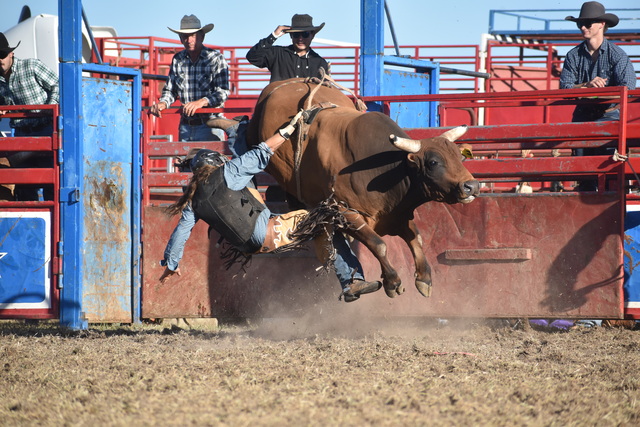
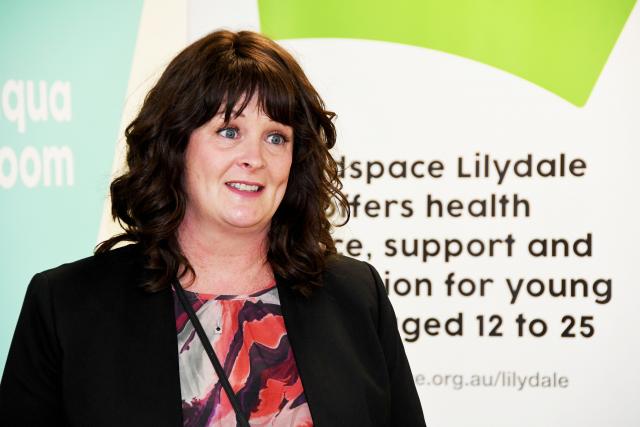
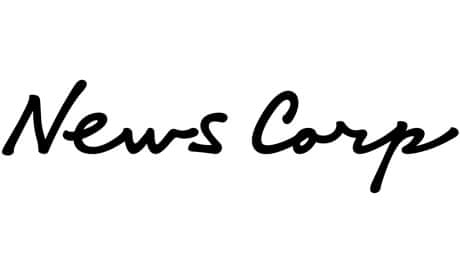







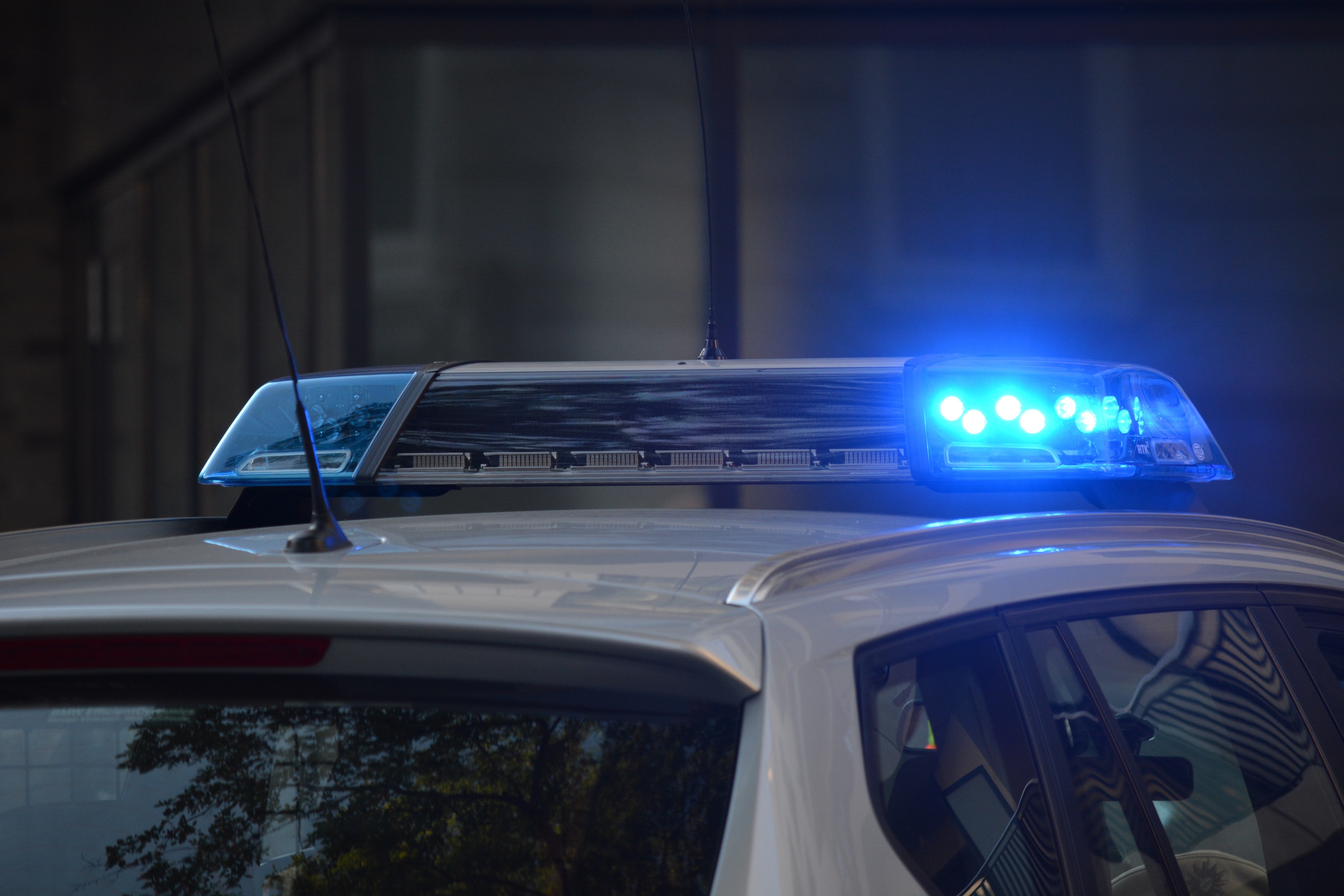

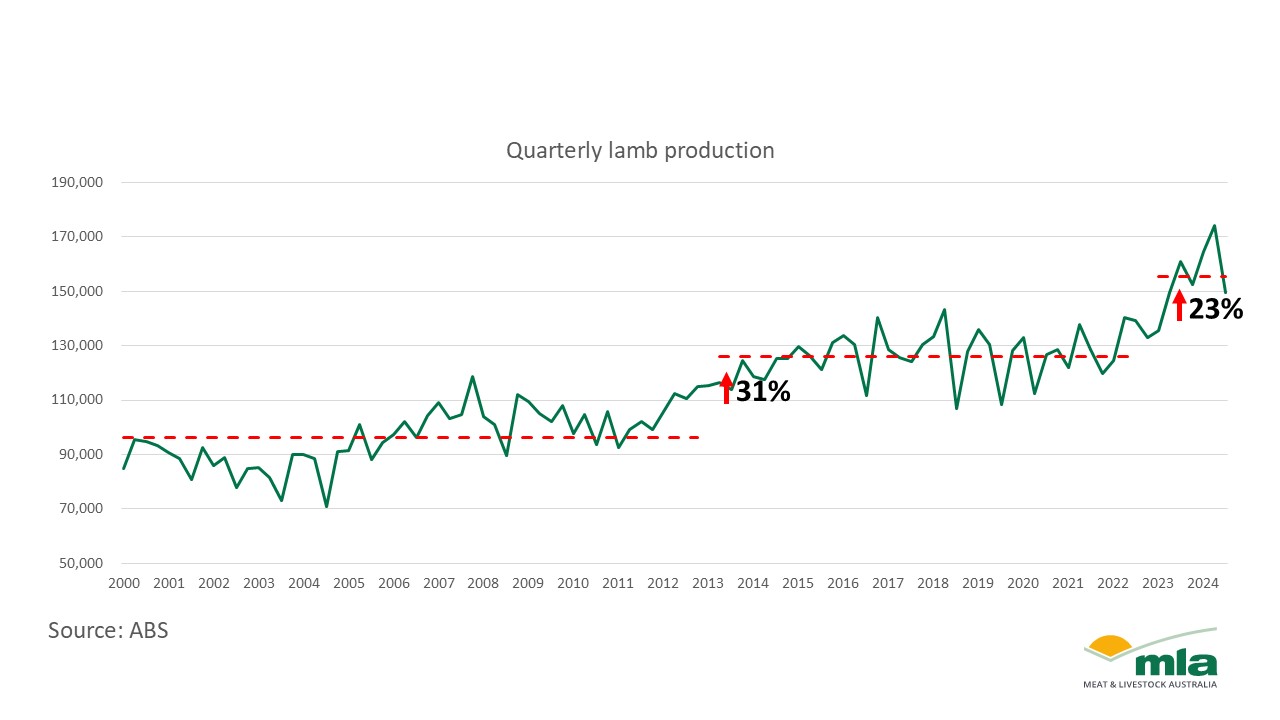



)
)
